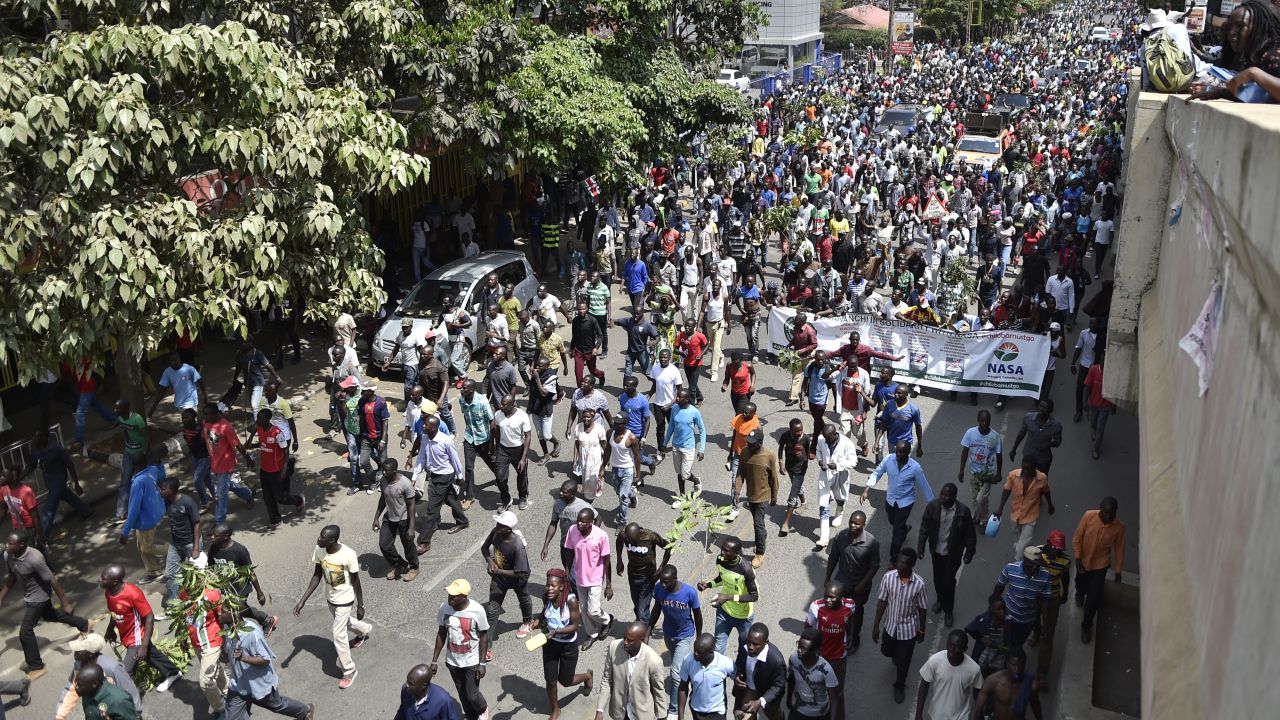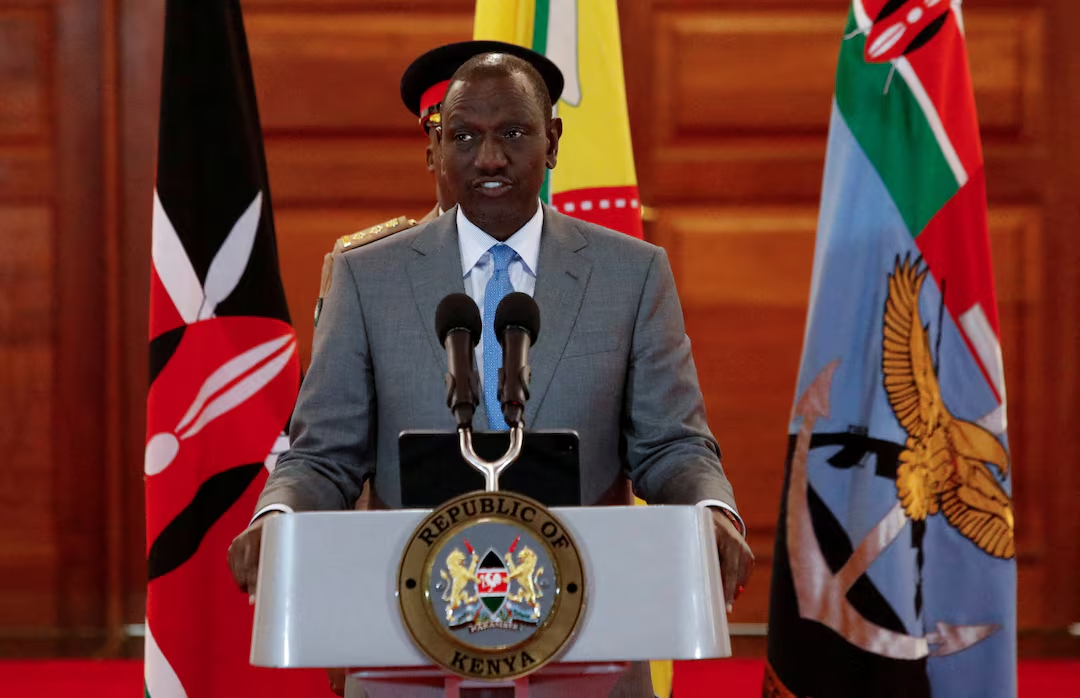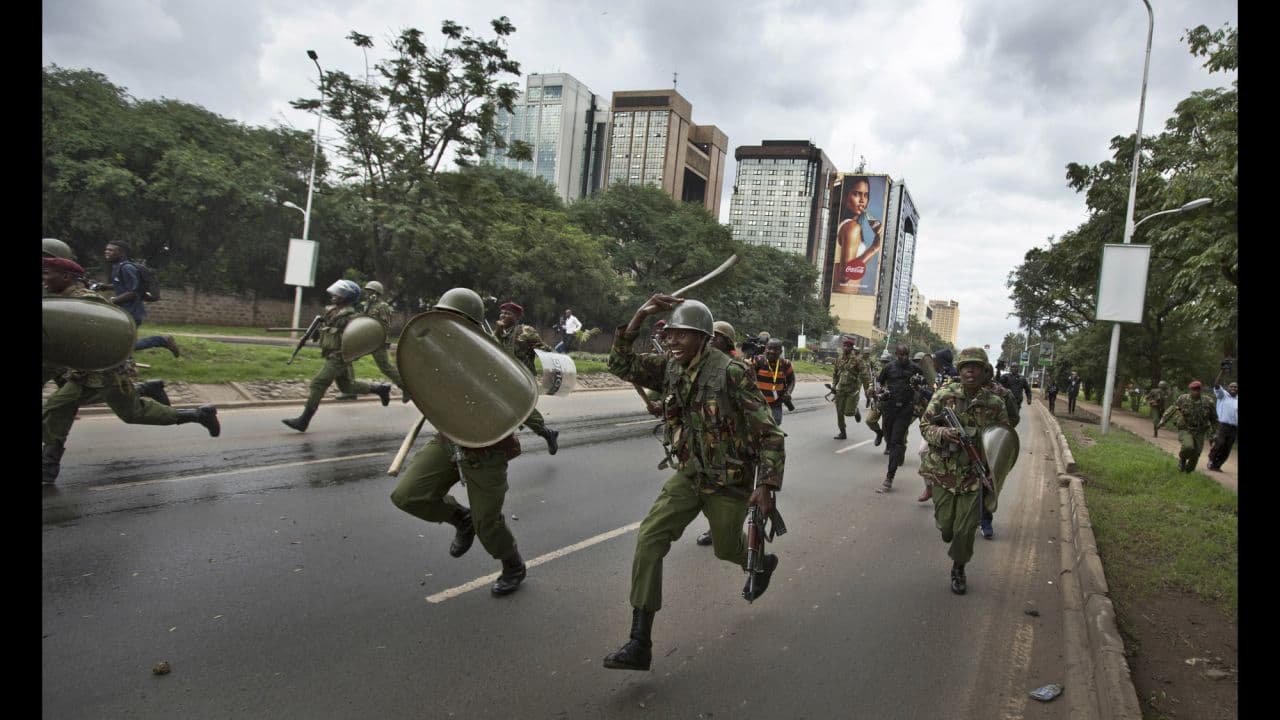Police Brutality Claims Lives in Nairobi
At least eleven people have been killed and over 500 arrested in a brutal crackdown on anti-government protests in Kenya, as reported by police and the Kenya National Commission on Human Rights. The protests erupted to mark the 35th anniversary of the historic Saba Saba demonstrations, which were pivotal in Kenya"s fight for multi-party democracy. This resurgence of civic action, primarily led by the Gen-Z youth, is fueled by widespread discontent with President William Ruto"s government and its handling of pressing issues like police violence and governance failures.
Excessive Force and Human Rights Violations
Witnesses and local reports indicate that police have employed excessive force, deploying live ammunition, tear gas, and water cannons against protesters. This mirrors the violent response documented during previous protests, where police violence resulted in the deaths of at least twenty demonstrators in July 2023, according to research findings. The Kenya National Commission on Human Rights has condemned these actions, asserting that they reflect a pattern of brutality and impunity that has persisted for decades, often targeting the most marginalized communities.

Kenyan police clash with Odinga supporters | CNN
State-Sponsored Violence Against Protesters
The police"s actions during the protests have raised alarms about state-sponsored violence. Reports indicate that officers operated in plainclothes and collaborated with armed gangs to intimidate demonstrators, a tactic previously used to suppress dissent. Such behavior not only violates human rights but also undermines the very fabric of the Kenyan democracy that was fought for during the Saba Saba protests of 1990. The current wave of protests has garnered support from various sectors of society, with many calling for accountability and justice for victims of police brutality.
Impact on Civil Society and Democratic Rights
The government"s harsh response to the protests has led to significant implications for civil society in Kenya. The heavy-handed tactics employed by law enforcement have stifled free expression and assembly, crucial components of a functioning democracy. As reported by the New York Times, the protests have spread to various counties, indicating a nationwide demand for reform. This unrest signifies a critical juncture for Kenyan society, as citizens increasingly demand a government that prioritizes their rights and welfare.

Kenya"s Ruto faces tough task taming protests and winning ...
Call for Reform and Accountability
In the face of escalating violence, prominent figures like former Prime Minister Raila Odinga have called for national dialogue and police reform. Odinga"s remarks highlight the urgent need to address systemic issues within the police force, which he describes as a legacy of colonial oppression. The younger generation, particularly the Gen-Z activists, are advocating for a government that is transparent and accountable, emphasizing that the current administration must listen to the voices of those it claims to represent. The ongoing protests serve as a rallying cry for a more just and equitable society.

![[Video] Anti-ICE Protester Pepper Sprayed as CBP Agents Disperse Crowd in Minneapolis](/_next/image?url=%2Fapi%2Fimage%2Fthumbnails%2Fthumbnail-1768260677127-y71sb7-thumbnail.jpg&w=3840&q=75)

![[Video] Several injured as U-Haul truck drives through Iranian protestors in Los Angeles](/_next/image?url=%2Fapi%2Fimage%2Fthumbnails%2Fthumbnail-1768176682028-q95y6j-thumbnail.jpg&w=3840&q=75)
![[Video] Scuffle breaks out between Trump supporters and Anti-ICE protesters in Times Square](/_next/image?url=%2Fapi%2Fimage%2Fthumbnails%2Fthumbnail-1768165958203-hgcgb-thumbnail.jpg&w=3840&q=75)


![[Video] Gunfire between Iraqi security forces and Sadr militias in Baghdad](/_next/image?url=%2Fapi%2Fimage%2Fthumbnails%2Fthumbnail-1768343508874-4redb-thumbnail.jpg&w=3840&q=75)
